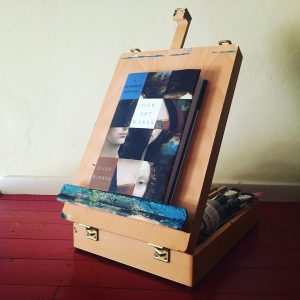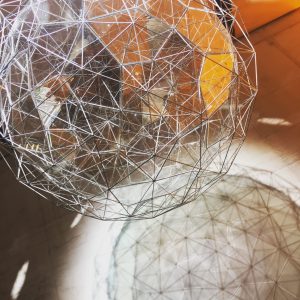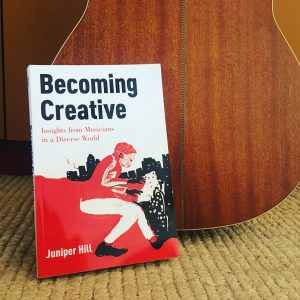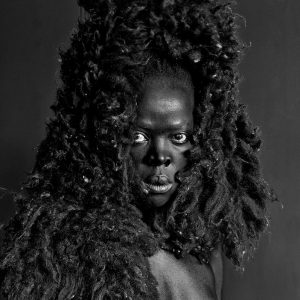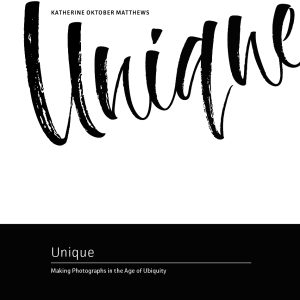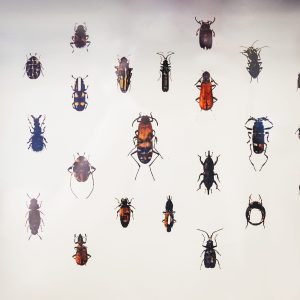Working Through Loss: An Interview with Photographer Alicja Dobrucka
"You have to be able to live with the work. Some images, if they reveal too much, you just don’t fancy living with them."—Alicja Dobrucka, in our interview about her photobook, I like you, I like you a lot.
What Do You Think Is Art?
In the new book How Art Works, Ellen Winner walks us through the foundations of how we think about art, touching on questions, research, and theory.
The Mindful Musician: An Interview with Vanessa Cornett
"When training is not just about the physical act but also about your goals and your point of focus and what you’re doing with your mind, I think a happy by-product of that is less anxiety and fewer dark issues of the soul, because it’s a proactive way of training."—Vanessa Cornett, in our interview about new book The Mindful Musician.
Olafur Eliasson’s Art of Playful Seriousness
From now until 5 January 2020 at the Tate Modern: a mid-career survey of the works of Olafur Eliasson: life-size encounters that engage and confound the senses to trigger what can only be called “experiences.”
Too Tired for Sunshine: An Interview with Tara Wray
"There are definitely days when I don’t have the energy, and today is a day I’m struggling. [...] It really is fighting every day and the project gives me something to fight for in a productive way that’s bigger than myself, which seems to be good for me."—Tara Wray, in our interview about the Too Tired Project.
Creative Potential
In Becoming Creative, Juniper Hill speaks to musicians in Los Angeles, Cape Town and Helsinki about their personal histories, experiences, and viewpoints to trace patterns of creation.
A Nude by Any Other Name
The female nude: a genre of photography that is heavily tried and ambiguously true. Women photographers have tried to reclaim authorship of the female experience through their work, but is it possible to be naked without being nude?
Unprepossessed: Zanele Muholi’s self-ownership
In the photobook Somnyama Ngonyama, South African visual activist Zanele Muholi creates an identity, performs an identity, dismantles an identity, confronts with identity.
Unique: Making Photographs in the Age of Ubiquity
I'm happy to announce my new book: Unique: Making Photographs in the Age of Ubiquity.
The Art of Computation: An Interview with Philipp Schmitt
"Computers can learn from examples how to recognize something. [...]This is one way that you can form the concept of an apple, although it has nothing to do with an apple. An algorithm will never bite an apple, or taste one, or pick one from a tree."—Philipp Schmitt, in our interview about his new book Computed Curation.


